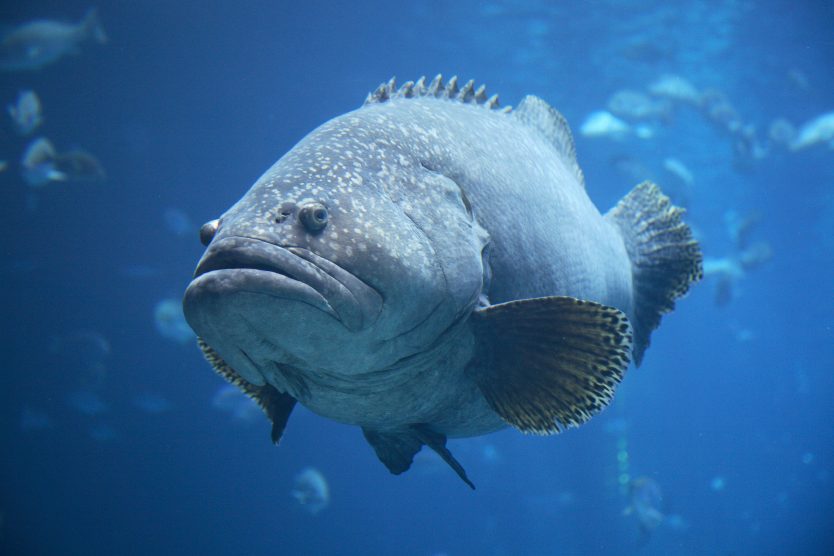Questions
- Why do we read the Book of Yonah on Yom Kippur?
- How long was Yonah inside the fish?
- What did the sailors do when they saw their ship floundering in the storm?
- In which well-known sea was Yonah when he was inside the fish?
- What did Yonah do inside the fish?
- How big was the city of Nineveh?
- What length of time were the people of Nineveh given in which to repent?
- How did the people of Nineveh react when they heard Yonah’s prophecy?
- Why did Yonah originally try to escape from delivering G-d’s prophecy to the people of Nineveh?
- Give another answer to question number nine.
Answers
- Why do we read the Book of Yonah on Yom Kippur?
The repentance of the people of Nineveh serves as an inspiration to us to repent, and shows us that repentance can overturn a Divine decree. (Shelah HaKadosh) Also, it teaches that even Yonah could not flee from G-d. (Sefer Hatoda’ah)
- How long was Yonah inside the fish?
Three nights and three days. (2:1)
- What did the sailors do when they saw their ship floundering in the storm?
They prayed to their gods, cast their vessels into the sea, and then drew lots to find out on whose account the storm came about. (1:5-7)
- In which well-known sea was Yonah when he was inside the fish?
Yam Suf – The Sea of Reeds. (1:6)
- What did Yonah do inside the fish?
He prayed. (2:2)
- How big was the city of Nineveh?
A three-day walk from end to end.
- What length of time were the people of Nineveh given in which to repent?
Forty days. (3:4)
- How did the people of Nineveh react when they heard Yonah’s prophecy?
They fasted, covered themselves in sackcloth, repented and returned all stolen property. (3:5-8)
- Why did Yonah originally try to escape from delivering G-d’s prophecy to the people of Nineveh?
He was afraid that if the non-Jews in Nineveh repented but the Jewish People did not repent it would look bad for the Jewish People. (1:3)
- Give another answer to question number nine.
He was afraid that the people of Nineveh would think he was a false prophet, since he said that the city would be destroyed and it wasn’t. (4:2)

